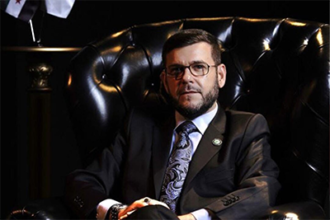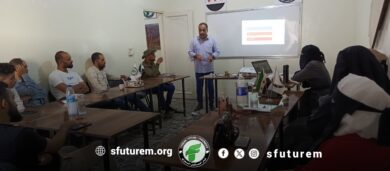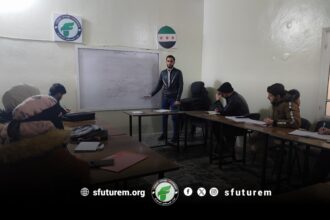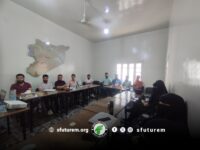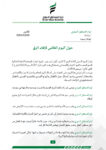Neutrals, Their Role and Importance
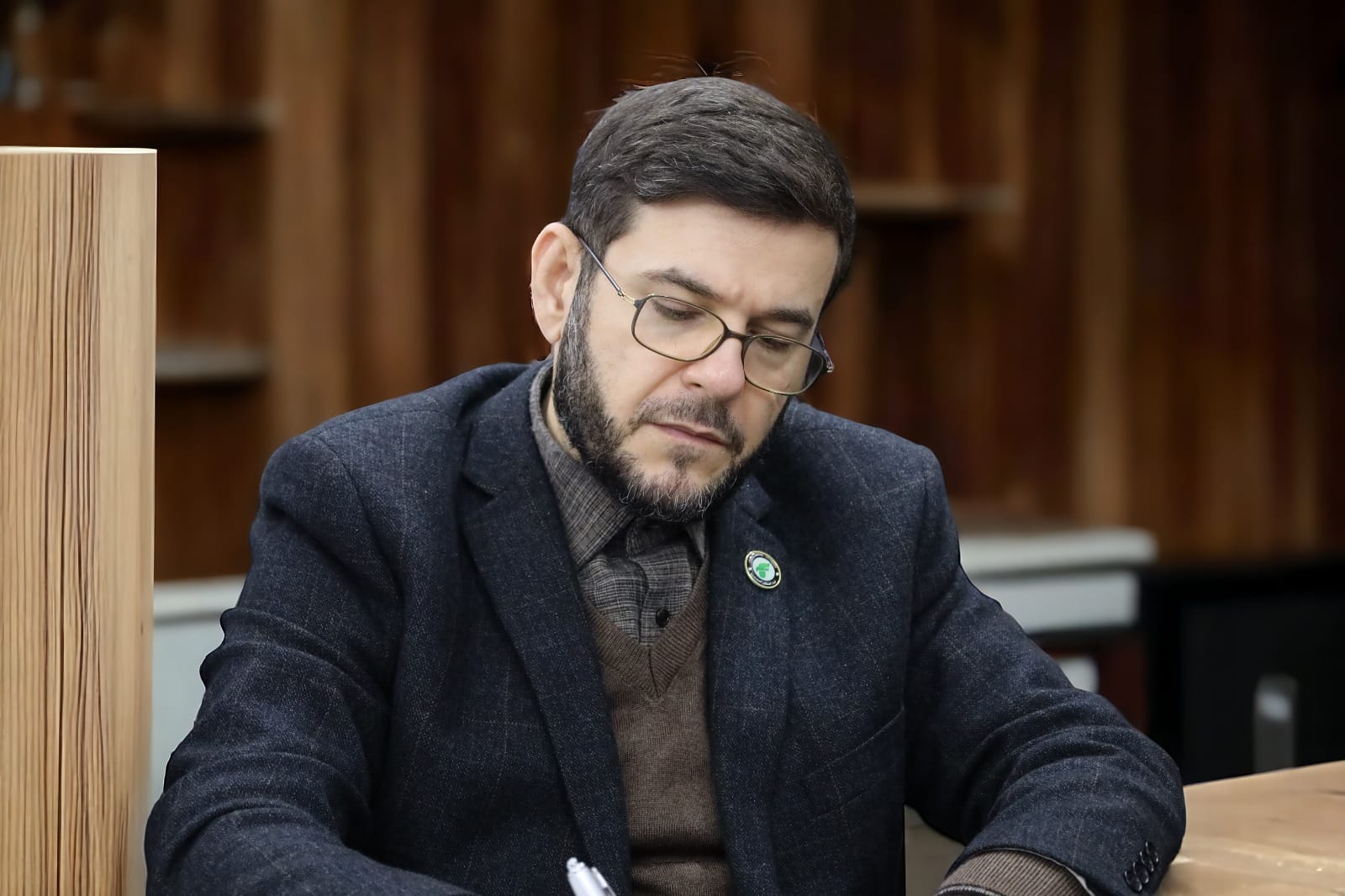
Introduction:
Conflicts can be classified into several categories:
- Ideological Conflict: This involves competition between different ideas and beliefs, often manifesting between opposing political ideologies such as communism and capitalism.
- Regional Conflict: This occurs between countries or groups of countries within a specific geographical area.
- Class Conflict: Arising between different social classes, such as the working class and the ruling class, it relates to the unequal distribution of wealth and opportunities.
- Religious Conflict: This occurs between different religious groups due to differing beliefs, doctrines, and practices.
- Internal Revolutionary Conflict: This takes place between the people and the ruling authority, as seen in the case of Syria.
In internal wars, such as justified popular revolutions, individuals who refuse to participate are given various labels, including:
- Neutrals: Those who choose not to side with any of the conflicting parties.
- Refugees: Those who flee conflict areas in search of safety.
- Defectors: Those who were once part of a conflicting party but chose to withdraw.
These individuals may also be given other names depending on the cultural and political context. It is important to note that choosing not to participate in a civil war can be a difficult decision that requires great courage, especially under social and political pressures.
The Third Party: The Grey Area
In some cases, neutrals or those in the “grey area” can be considered a third party in a political sense, due to their influence on the course of events, especially if they represent a large segment of the population or possess economic or political power. Neutrals may also become mediators in attempts to resolve the conflict, particularly if they are trusted by the conflicting parties. Neutrals might form alliances with one or both of the warring parties, potentially altering the balance of power.
However, several factors limit considering neutrals as a third party, such as their lack of direct involvement in fighting or political decision-making. Additionally, the diversity of opinions among neutrals means they are not a homogeneous group but rather a collection of varied views and positions. Neutrals may also face pressure from the conflicting parties, which could force them to take a more defined stance.
In general, the consideration of neutrals as a third party depends on various factors, including the political and social context, the nature of the conflict, and the role of the neutrals.
History is replete with examples of the role of neutrals in internal conflicts, whether as individuals, groups, or even nations. Organizations like the United Nations and the International Committee of the Red Cross play crucial roles in mediation, protecting civilians, and providing humanitarian aid in conflict zones. Neutrality has been a significant factor even during world wars, with countries like Switzerland and Sweden maintaining neutrality, which protected them from the direct consequences of the war while allowing them to play roles in mediation and diplomacy.
Neutrals Are Not Enemies!
While the Syrian regime and some opposition groups attempt to alienate the neutral and “grey area” individuals, the regime is the most blatant and violent in its approach. However, there is also a tendency among opposition groups to question the loyalty and even vilify those who are not actively supporting the revolution, though this is less violent compared to the regime.
In this article, we aim to shed light on the third party, the silent majority in Syria, who have chosen not to support either the regime or the revolution, nor any of the various forms of authority or opposition. Our goals are twofold:
- To stress the importance of not alienating the neutrals, thus preventing their disengagement from the Syrian situation.
- To encourage them to play a positive role that may be unique to their position, which could include:
- Protecting civilians from violence and abuses.
- Building trust between conflicting parties and opening channels for dialogue.
- Providing humanitarian aid to those in need.
- Acting as mediators in small conflicts or as neutral facilitators to help resolve disputes and foster negotiations.
- Engaging with neutral external powers, countries, and organizations to create a lobbying force aimed at ending the conflict or at least minimizing its impact on the Syrian people.
- Documenting human rights violations, which contributes to holding perpetrators accountable.
- Defending international humanitarian law.
These are tasks that no one else might be able to undertake.
However, the influence of the neutrals depends on their strength and influence—greater power enables them to have a more significant impact on the warring parties. They might also face pressure from internal conflict forces or the international community to change their stance.
The Importance of the Neutrals’ Role:
It is clear from the above that neutrals, whether they are Syrian citizens, internal parties, organizations, or external states, play a crucial role in maintaining stability in conflict-affected areas. Their efforts help prevent the worsening of the humanitarian crisis and the deterioration of security, and they pave the way for lasting peace through trust-building and dialogue.
Therefore, it is essential to focus on factors that enable the third party, the neutrals, to perform their real and influential role, especially given the current stagnant and obstinate Syrian reality. Neutrals may gain acceptance from conflicting parties, enabling them to act effectively. Neutral organizations and entities also need sufficient resources to implement their programs, such as relief or health initiatives.
Thus, neutrals play a vital role in protecting civilians and building peace during internal conflicts. Their efforts can help alleviate human suffering and enhance the prospects for a better future for affected communities, which is the main point we want to emphasize in this article.
The Syrian Future Movement’s Political Office recommends the following:
- Avoid antagonizing the neutrals in any way.
- Support the neutrality option for those who do not wish to side with either party and seek support from all Syrian factions.
- Encourage the “grey area” individuals and neutrals to engage positively with the Syrian situation on issues they can address.
- Attempt to reconcile neutrals inside and outside Syria, whether individuals, entities, or states, in an effort to create a positive force for Syria that reduces the impact of negative forces and provides an alternative for those who do not want to join either side (regime or opposition).
Dr. Zaher Ihssan Baadarani
Presidency office
Article
Syrian Future Movement (SFM)
